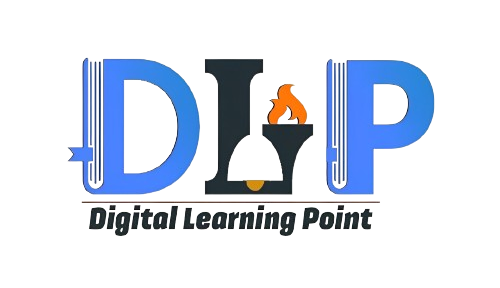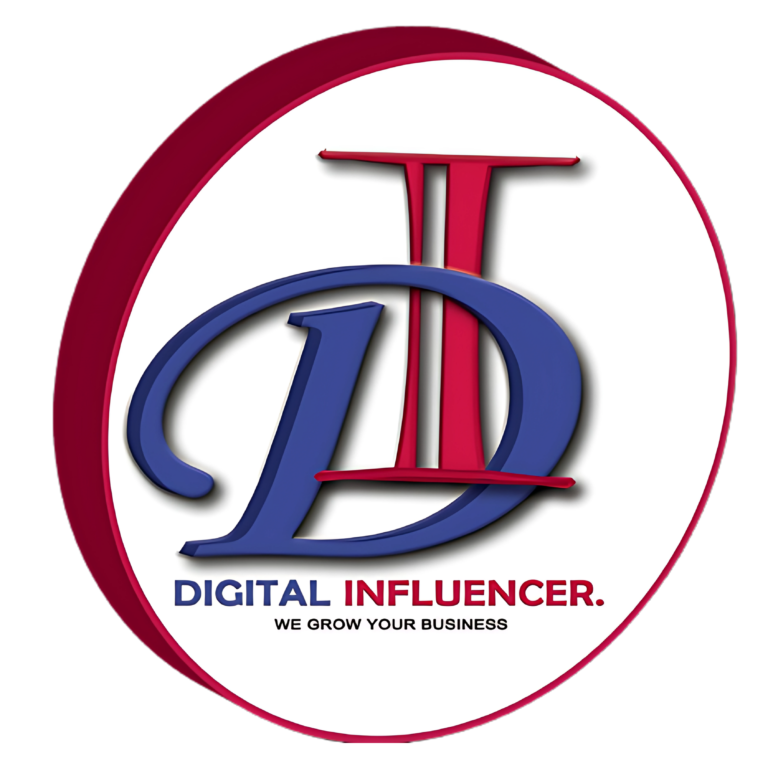The future of jobs is digital. By 2025, most industries will expect students to graduate not just with academic knowledge but with practical, real-world skills that can be applied immediately. In fact, the digital economy rewards those who adapt fast, think creatively, and embrace technology.
So, what should students focus on? Let’s dive into the 10 digital skills that can make students instantly employable in 2025—plus some tips on where to begin.
1. Artificial Intelligence (AI) & Machine Learning (ML)
AI and ML are transforming industries—healthcare, finance, retail, entertainment, you name it. Moreover, companies rely on AI to automate tasks, predict customer behavior, and improve decision-making.
What it involves:
- Learning programming languages like Python or R
- Understanding algorithms, neural networks, and natural language processing
- Applying AI in real-world projects (chatbots, recommendation engines, AI assistants)
Why it matters: AI experts are in short supply and high demand. Even a beginner-level understanding can make a student valuable in roles like data analysis, product development, or automation.
Where to start: Free courses on Google AI, Kaggle projects, or Coursera’s ML basics.
2. Data Analytics & Visualization
Every company collects data, but only a few know how to interpret it. Therefore, students who can analyze numbers, spot patterns, and present insights visually are highly sought after.
What it involves:
- Statistical analysis
- Using tools like Excel, SQL, Power BI, and Tableau
- Visual storytelling through charts and dashboards
- Turning raw data into actionable business decisions
Why it matters: Businesses don’t just want reports—they want insights that save money, attract customers, or improve performance.
Where to start: Practice with Google Analytics, Microsoft Excel, or Kaggle datasets.
3. Digital Marketing
In 2025, digital presence = business survival. Consequently, companies are shifting budgets from traditional advertising to social media, SEO, influencer campaigns, and paid ads.
What it involves:
- Search Engine Optimization (SEO) and Search Engine Marketing (SEM)
- Social media strategy (Instagram, LinkedIn, YouTube, TikTok)
- Email marketing and lead generation
- Content creation and branding
Why it matters: Students already spend time online—learning how businesses use these platforms turns a habit into a career.
Where to start: Google Digital Garage, HubSpot Academy, or Meta Blueprint certifications.
4. Cybersecurity
Cybercrime is increasing at lightning speed. As a result, cybersecurity has become one of the most critical digital skills. Even companies outside tech—banks, hospitals, e-commerce—need specialists who can protect sensitive data.
What it involves:
- Understanding network security and encryption
- Identifying vulnerabilities and ethical hacking
- Knowledge of firewalls, VPNs, and security frameworks
- Practicing safe data handling
Why it matters: A single cyberattack can cost millions. Students who know even the basics of security can stand out to employers.
Where to start: Try free ethical hacking labs on Cybrary or Capture the Flag (CTF) challenges.
5. Cloud Computing
Almost every digital service—from Netflix to Dropbox—runs on the cloud. Similarly, students skilled in managing cloud platforms can step directly into high-paying IT, software, or system administration roles.
What it involves:
- Learning AWS, Microsoft Azure, or Google Cloud
- Understanding storage, serverless computing, and virtualization
- Building and deploying apps on the cloud
- Ensuring data security and scalability
Why it matters: Cloud skills are rare but critical. By 2025, most organizations will be fully cloud-dependent.
Where to start: AWS Academy or Google Cloud free-tier practice.
6. UI/UX Design
Great tech fails without great design. That’s why UI/UX designers are essential—they make apps, websites, and digital tools intuitive and enjoyable.
What it involves:
- Wireframing and prototyping (Figma, Adobe XD, Sketch)
- User research and testing
- Visual design principles (color, typography, spacing)
- Accessibility and responsive design
Why it matters: Companies want products that don’t just work—they want experiences users love.
Where to start: Free design challenges on Figma or Adobe XD tutorials.
7. Blockchain Technology
Blockchain is more than crypto—it’s redefining security, transparency, and digital ownership. Furthermore, industries like finance, healthcare, and supply chain are adopting it rapidly.
What it involves:
- Understanding decentralized networks and smart contracts
- Building blockchain-based apps (DApps)
- Exploring Web3 and NFTs
- Knowing blockchain security and scalability issues
Why it matters: It’s still new—meaning less competition and huge opportunities for early learners.
Where to start: IBM Blockchain Academy or beginner-friendly blockchain tutorials.
8. Video Editing & Content Creation
Content is king, and video is its crown. From TikTok reels to corporate campaigns, employers increasingly need creators who can shoot, edit, and tell compelling stories.
What it involves:
- Editing tools like Adobe Premiere Pro, Final Cut Pro, or CapCut
- Storyboarding and scripting
- Animation and motion graphics
- Social media optimization (short-form, vertical videos)
Why it matters: Every brand needs digital content. Students who can create it are instantly employable in marketing, media, or freelancing.
Where to start: Canva’s video editor, YouTube Creator Academy, or beginner editing software.
9. Programming & Software Development
Coding powers everything—from websites to AI. On the other hand, students with programming skills can build apps, solve real-world problems, and even launch startups.
What it involves:
- Learning languages like Python, JavaScript, Java, C++
- Understanding databases and APIs
- Building websites, apps, or automation tools
- Exploring no-code platforms (Bubble, Webflow) for faster results
Why it matters: Developers are always in demand, and coding builds problem-solving skills useful everywhere.
Where to start: FreeCodeCamp, Codecademy, or GitHub practice projects.
10. Core Digital Literacy Skills
Not all digital skills are advanced. In fact, employers also value students who are comfortable using everyday digital tools and can adapt to new tech quickly.
What it involves:
- Proficiency in Google Workspace (Docs, Sheets, Slides) and MS Office
- Using project management tools like Trello, Notion, or Jira
- Mastering digital communication (Slack, Zoom, professional emails)
- Understanding online safety, data privacy, and digital etiquette
Why it matters: These “everyday” skills make collaboration smoother and show that a student is workplace-ready.
Where to start: Practice by organizing study groups online, managing projects on Trello, or doing mock business presentations.
Final Thoughts
In 2025, a degree alone won’t guarantee employment—but digital skills will. The best part? Most of these can be self-taught with free online resources, freelancing, or internships. Therefore, the earlier students start, the stronger their chances of being employable right after graduation.
FAQs
Q1. Which digital skill should I start with as a beginner?
Digital marketing, video editing, and basic digital literacy skills are the easiest entry points.
Q2. Are AI and blockchain too advanced for students?
Not at all. With beginner-friendly tutorials and free resources, students can learn step by step.
Q3. Do I need a computer science degree employable in 2025?to be
No. Employers value practical skills, portfolios, and certifications more than degrees.
Q4. What are the highest-paying digital skills?
AI/ML, cybersecurity, and blockchain are currently leading in salary potential.
Q5. Where can students learn these skills for free?
Coursera & edX – free versions of university courses
Google Digital Garage – marketing, data, and cloud basics
FreeCodeCamp & W3Schools – coding and web development
Kaggle – data and AI practice
YouTube – unlimited tutorials on design, video editing, and more*


